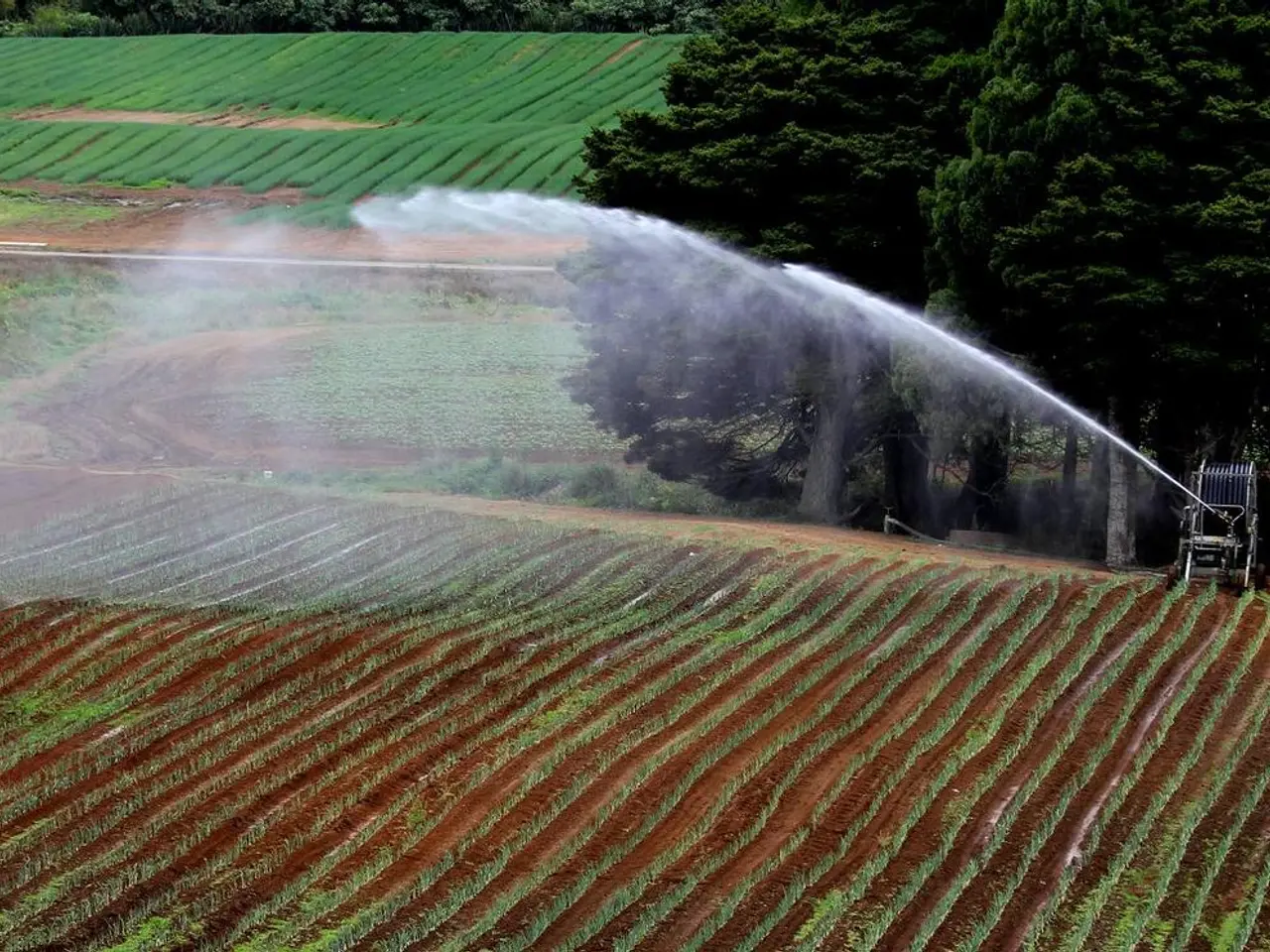Transitioning Agriculture in a Low-Carbon Society
In a concerted effort to foster a sustainable future, many philanthropic organizations are prioritizing funding for projects that align with a post-carbon economy, with a focus on regenerative farming and ecological resilience. This shift is driven by the recognition that Agroecology plays a central role in developing such an economy and promoting sustainable food systems.
Agroecology, a holistic approach to agriculture that emphasizes ecological, social, and economic sustainability, offers several key benefits.
Carbon Sequestration and Climate Mitigation: Agroecological practices such as agroforestry, conservation agriculture, cover cropping, and integration of perennial species enhance soil organic carbon and capture atmospheric carbon, thereby mitigating climate change. These practices also reduce emissions by lowering reliance on fossil fuel-based inputs like synthetic fertilizers and minimizing soil disturbance.
Soil Health and Resilience: Agroecology improves soil structure, water retention, and nutrient cycling through natural processes, boosting productivity and resilience to climate extremes such as droughts or floods. These healthy soils sustain long-term food production while increasing resistance to pests and diseases.
Biodiversity Conservation: By promoting diverse cropping systems, mixed farming, and supporting beneficial organisms (pollinators, pest predators, beneficial microbes), agroecology protects ecosystem services essential for food security and ecosystem stability.
Reducing External Inputs and Economic Sustainability: Agroecology lowers farmers’ dependence on costly synthetic inputs by harnessing local resources (e.g., compost, green manures) and natural nutrient cycles, thus reducing costs and making farming economically viable and accessible.
Promoting Food Security and Nutrition: Diverse cropping systems diversify diets by increasing access to nutrient-rich foods, reduce vulnerability to crop failures from climate or pests, and contribute to stable and resilient food supplies.
Supporting Social and Rural Equity: Agroecology values traditional and local knowledge, empowering rural communities to lead their development, maintain control over food systems, and potentially generate multiple income sources through diversified production.
Enabling Transition to Sustainable and Climate-Neutral Food Systems: By integrating legume production (which fixes nitrogen and reduces fertiliser needs), agroecology helps reduce dependency on imported synthetic fertilizers and animal feed inputs, contributing to resilient, self-sufficient, and climate-friendly agrifood systems.
Governments worldwide are increasingly supporting sustainable agriculture through grants that promote eco-friendly practices. Local organizations offer workshops and mentorship opportunities for learning agroecological methods, and joining cooperatives or networks connects small-scale farmers with others committed to sustainable practices. However, policy reform is essential for adopting agroecology, as many areas lack supportive policies or incentives.
Urban farming strengthens local food security, fosters community bonds, and reconnects people with nature in cities. Agroecology can be integrated with existing industrial agriculture through industrial integration strategies that emphasize biodiversity preservation. A small farm in Nicaragua that restores soil health through diverse cropping and community cooperation boosts local livelihoods and climate resilience.
Despite these advancements, cultural barriers can resist change in traditional farming practices, and limited access to knowledge, technology, and financial resources hinder progress in adopting agroecology. However, by embracing agroecology, you can help build resilient, sustainable food systems. These efforts create a healthier planet and more equitable future for everyone.
[1] Altieri, M. A., & Toledo, V. (2011). Agroecology: The Science of Sustainable Agriculture and Food Systems. Springer Science & Business Media. [2] Pretty, J., Bharucha, Z., & Henley, N. (2011). Sustainable Agriculture: Food, Fuels, and the Future. Earthscan. [3] Gliessman, S. R. (2007). Agroecology: The Ecology of Sustainable Food Systems. Island Press. [4] López-Hoffman, L. (2019). Agroecology: The Science of Sustainable Agriculture and Food Systems. Routledge. [5] Herrera, E., & Martinez-García, J. (2013). Agroecology: The Ecology of Sustainable Food Systems. Springer.
- While science continues to evolve, the law of attraction suggests that focusing on positive initiatives, such as the development of a post-carbon economy and promoting regenerative farming, can draw further progress in areas like climate mitigation and sustainable food systems.
- As environmental science reveals the significance of Agroecology in fostering regenerative agriculture and sustainable food systems, policy-and-legislation should reflect this through the adoption of supporting policies and incentives, encouraging a shift towards sustainable practices in farming.
- Although many staggering advancements are being made in health-and-wellness and food-and-drink, incorporating agroecological practices in farming can bolster both soil health and resilience, enabling the production of nutrient-rich foods for a healthier population.
- In addition to its demonstrated benefits for soil health and climate change, agroecology offers an environmental-science perspective on food-and-drink that emphasizes biodiversity conservation and promoting the well-being of pollinators, pest predators, and beneficial microbes.
- With greater emphasis on sustainable living, healthy-cooking, and the use of local resources, kitchens become laboratories for creative experimentation in food-and-drink.
- As home-and-garden enthusiasts strive for a more sustainable lifestyle, urban farming and industrial integration strategies can facilitate the convergence of ecological principles and industrial agriculture, thereby fostering stronger community bonds and local food security.
- In a world where politics and general-news are rife with division, adopting and supporting agroecological practices offers a unique opportunity for collaboration between people from all walks of life, striving for a shared vision of a sustainable, climate-neutral future, powered by regenerative farming and ecological resilience.




